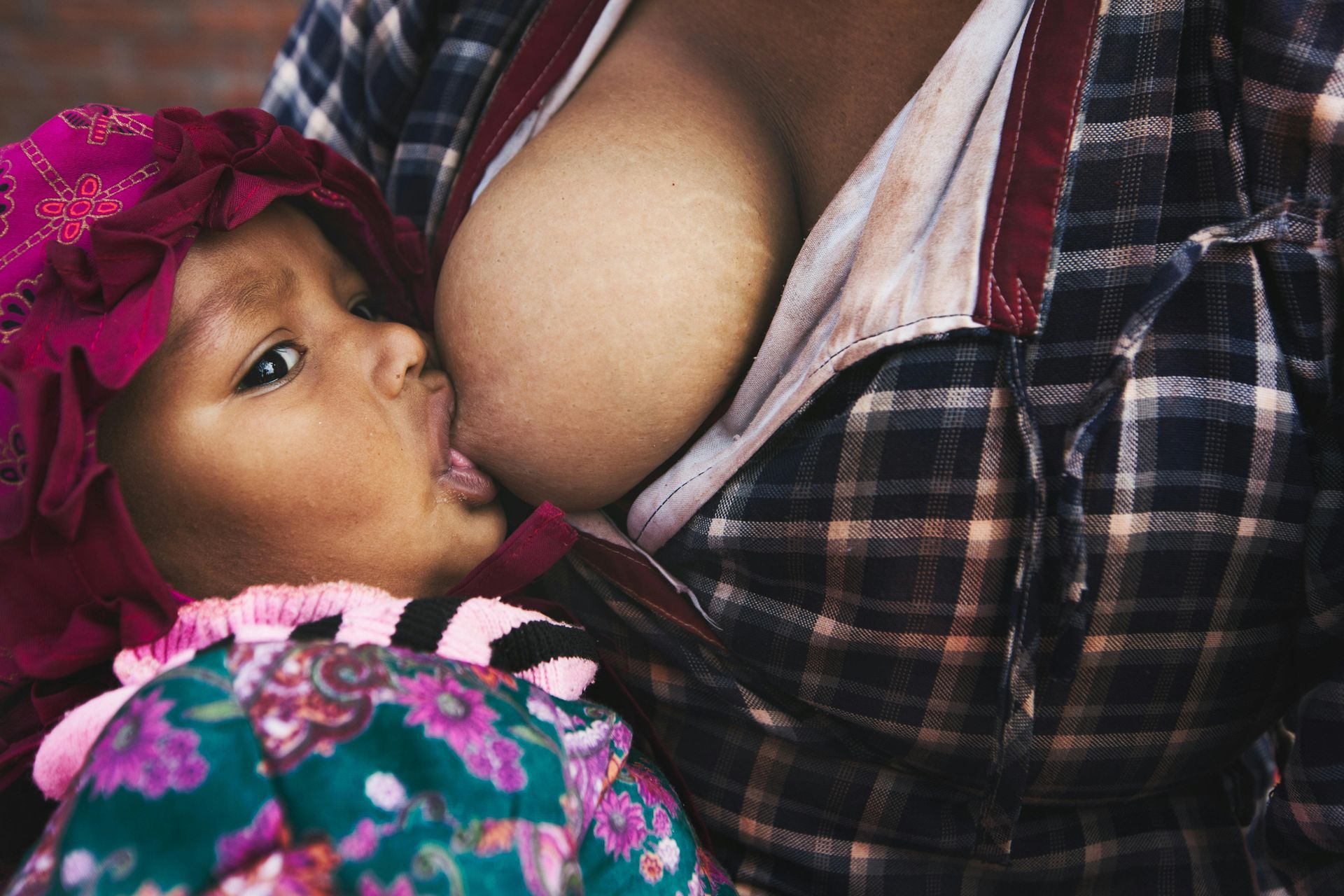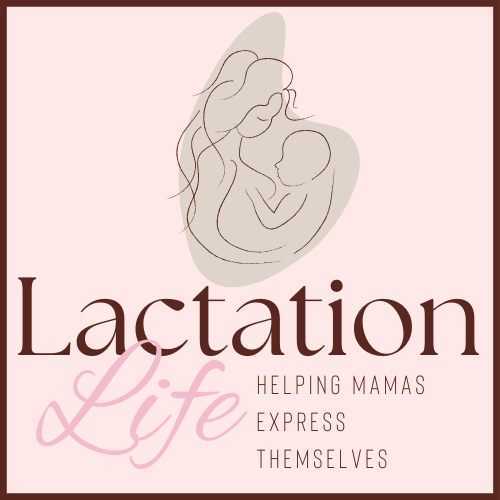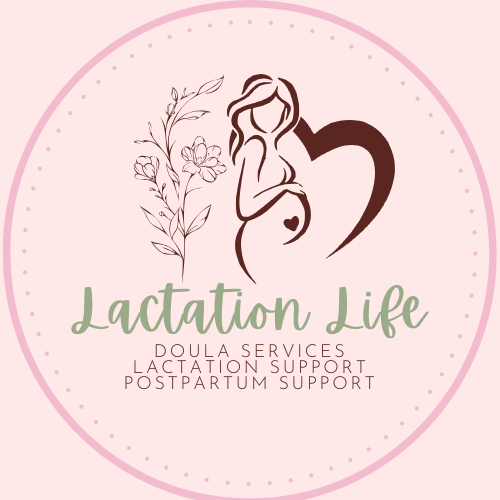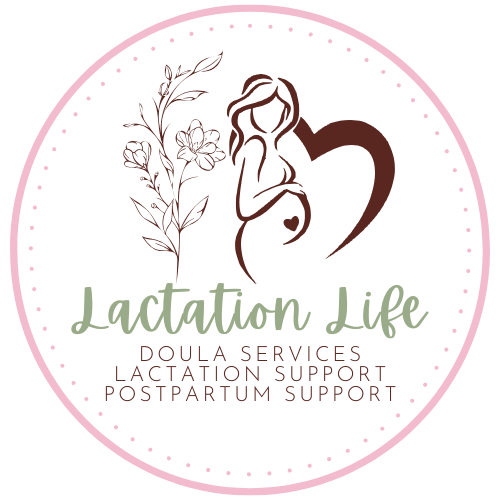Why More People Are Choosing to Have a Doula at Birth—and the Benefits They Bring
Childbirth is one of the most powerful and transformative experiences in a person’s life. While medical professionals like obstetricians and midwives are essential for ensuring a safe delivery, many expectant parents are choosing to add another member to their birth team: a doula.
But what exactly is a doula, and why are more people opting to have one present during birth? Let’s explore what makes doulas so valuable and the many benefits they offer during this life-changing moment.

What Is a Doula?
A doula is a trained professional who provides emotional, physical, and informational support to a birthing person before, during, and shortly after childbirth. Doulas are not medical professionals—they don’t deliver babies or offer clinical care—but their presence can significantly enhance the birth experience.
There are different types of doulas:
- Birth doulas support people during labor and delivery.
- Postpartum doulas assist after birth, helping families adjust during the early weeks of parenthood.
- Full-spectrum doulas may also support people through fertility challenges, miscarriage, abortion, and loss.
This blog focuses on birth doulas and why more parents-to-be are choosing to have them by their side.
Why Choose a Doula?
1. Emotional Support and Reassurance
Birth is as much an emotional journey as a physical one. Doulas offer calm, consistent, and personalized support throughout labor. Whether it’s helping manage fears, validating choices, or simply offering a reassuring hand to hold, many people describe their doula as a grounding presence in an unpredictable process.
2. Continuous Presence
Unlike doctors or nurses who may come and go during a hospital birth, doulas stay with you throughout the entire labor. That continuity can be comforting, especially during long or difficult labors, or when hospital staff changes shifts.
3. Advocacy and Empowerment
Doulas help ensure that your voice is heard. They can:
- Remind you of your birth preferences
- Help you understand your options
- Encourage you to ask questions and make informed choices
They don’t speak for you but empower you to speak for yourself in a setting that can often feel overwhelming.
4. Physical Comfort Techniques
Doulas are trained in a variety of non-medical pain relief techniques, including:
- Breathing and relaxation methods
- Positioning and movement
- Massage and counter-pressure
- Use of tools like birth balls or rebozos
These strategies can help reduce discomfort and increase the likelihood of a positive, less stressful birth experience.
5. Reduced Intervention Rates
Studies show that having a doula present at birth is associated with:
- Lower rates of cesarean delivery
- Reduced use of pain medication or epidurals
- Shorter labors
- Lower rates of postpartum depression
According to a 2017 Cochrane Review, people who had continuous support during labor were more likely to have spontaneous vaginal births and less likely to report negative feelings about their childbirth experience.
Is a Doula Right for Everyone?
Not everyone wants or needs a doula—and that’s okay. Some people have strong family support, or they may feel confident in navigating birth with just their medical team. But for many, especially first-time parents, having a doula can feel like having a personal guide through unfamiliar terrain.
Doulas also play an important role in promoting equity in birth outcomes. Research shows that doulas can help reduce disparities in maternal health for Black, Indigenous, and people of color by offering culturally competent care and support.
Final Thoughts
Choosing to have a doula at your birth doesn’t mean replacing your doctor or midwife—it means adding someone to your team whose sole focus is you and your well-being. Whether you’re planning a hospital birth, home birth, or something in between, a doula can help you feel supported, informed, and empowered every step of the way.
Birth is not just about the outcome—it’s also about the experience. And for many, a doula helps make that experience one of strength, confidence, and connection.
Are you considering hiring a doula? Or have you had a birth with doula support? —we’d love to hear from you!











